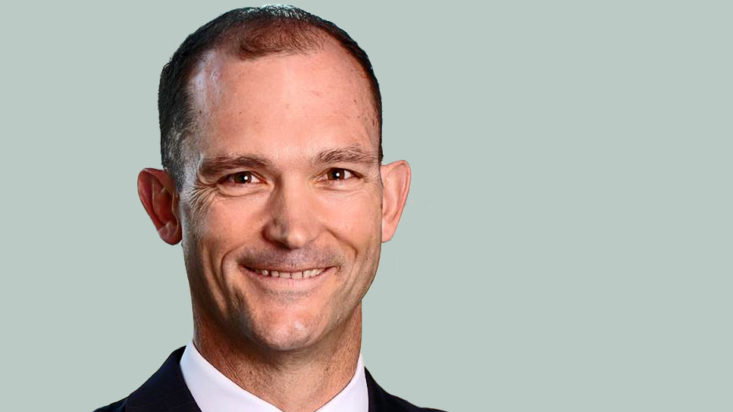Allianz Retire+ flags defensive alternatives as solution to cash conundrum
The cash conundrum facing retirees is well-known and broadly appreciated, yet little is being done to address it. With global governments forced to flood the economy with cheap cash to avoid a depression, the result has been the transfer of wealth from savers, who receive a pittance on their low-risk investors, and borrowers, who are able to access capital at all-time low interest rates.
According to research undertaken by Allianz Retire+ (a joint venture between insurance provider Allianz and fixed income manager PIMCO) and the Reserve Bank of Australia (RBA), term deposit rates have fallen by 96% since the GFC. In 2008-09 an investor with $1.25 million in cash could generate an income of $100,000 per year solely in term deposits. Today, this would produce just $3,750 in annual income, meaning a retired couple would now need $21 million to fund a “comfortable” standard of living solely from cash investments.
According to Allianz Retire+ CEO Matthew Rady, “advisers need a new approach to generate returns in excess of cash” in this extraordinary environment. The suggested approach is to consider the use of alternative defensive strategies that are able to boost returns on cash while minimising downside risk. So-called “protected” retirement strategies are by no means risk-free, but rather a “completely different longer-term product, with sharemarket-linked returns.”
The strategies utilise a series of option holdings, including both puts and calls, through which the manager is able to control both the downside risk, called the ‘floor’ and maximum return, called the ‘cap’. These are selected by the client, with the majority of the assets held within a “statutory fund” regulated by APRA and invested into fixed income assets by PIMCO. Therefore, Allianz Retire+ ultimately takes on the risk of under-performance, having to top-up returns when its investments do not deliver.
Raby discloses that the group does not “see this as a complete portfolio solution, nor is it a replacement for fixed income in a defensive portfolio. It’s rather one component of a good overall retirement strategy.” He notes that most strategies with downside protection have been used in the equity component of portfolios, hence the growing popularity of a more defensive option.
According to the recent research, retirees may be able to earn up to seven times the term deposit rate while limiting the maximum annual loss to 0.8%. This compares to rolling-over one-year term deposits due to their preference for protection and certainty, albeit minuscule returns. In a more specific example, they show the experience of a 68-year-old retiree, who invested $300,000 from 2014 to 2021 solely in term deposits. The resulting cumulative return is 17.81%, according to the RBA, with the Allianz Retire+ alternative, invested with a 0% ‘floor’ in place, 28.1% or a $53,000 difference.
This opportunity, Rady suggests, highlights the importance of advisers seeking a new approach to generate better than cash returns. “With interest rates at unprecedented lows, and unlikely to head substantially higher anytime soon, retirees need the defensive component of their portfolio to work harder for them,” says Rady.
Clearly, the strategy isn’t without risk, with “returns generated from having linked exposure to local and international shares,” meaning that if the underlying portfolio under-performs, is negative or 0%, the client may lose a small amount of capital.











